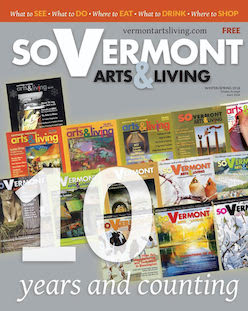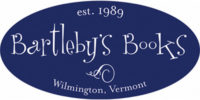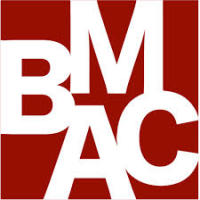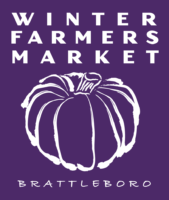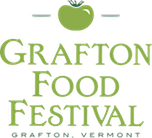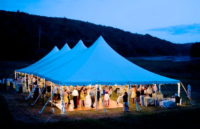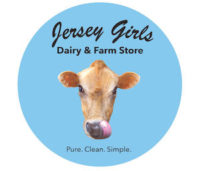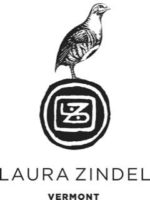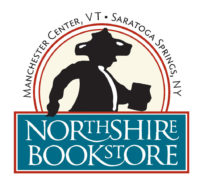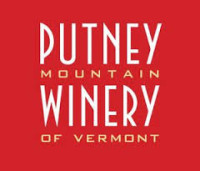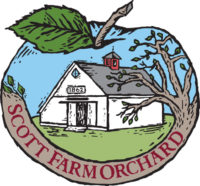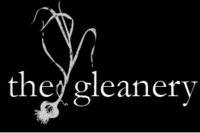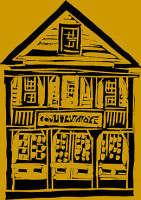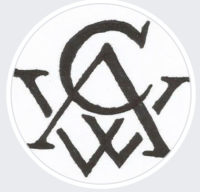Carolyn Partridge: Behind the Politics
Carolyn Partridge: Behind the Politics
By Joyce Marcel

Carolyn Partridge lives many complex lives at once.
She is a wife, a mother, a farmer, an artist and the owner of a business that sells woolen yarn she takes from her own sheep and goats. She is also serving her seventh term in the Vermont Legislature as one of two representatives from the Windham-4 District. (She served two terms as House Majority Leader and now chairs the Agriculture Committee.)
Carolyn Partridge: Behind the Politics
By Joyce Marcel

Carolyn Partridge lives many complex lives at once.
She is a wife, a mother, a farmer, an artist and the owner of a business that sells woolen yarn she takes from her own sheep and goats. She is also serving her seventh term in the Vermont Legislature as one of two representatives from the Windham-4 District. (She served two terms as House Majority Leader and now chairs the Agriculture Committee.)
Keeping all these threads together requires a discipline bordering on Zen. That’s why she is always knitting.
“That’s my therapy,” she said.
Watching Partridge wrestle a full-sized sheep to the ground and sheer it is so entertaining that she should sell tickets. She dyes the fiber with beautiful colors that she creates herself and sells them in her business, Good Shepherd Yarn (goodshepherdyarn.com). She and her husband, Alan Partridge, live on a farm in Windham among several dogs and cats, 22 ewes, two rams, eight angora goats, eight Scottish Highland cattle and an indeterminate number of chickens.
Partridge, who was born in New Jersey in 1949, came to Vermont from New York City in 1972. She said she was burned out by city life.
“One day in New York I came upon a man lying in a pool of blood on University Avenue,” she said. “Cars where whizzing by and no one was doing anything. I shouted for help—and he was alive—and people did respond. The police and ambulance came. I walked up to my apartment 100 feet away and realized I needed to find a place that perhaps was more restoring.”
Soon she was living in Saxtons River, where she adopted four goats.
“The first time I ever milked a goat, there were tears running down my cheeks because it hurt so much,” she said. “You have to really build up your hands.”
Next—at a time when wool fiber had very little value—she adopted a herd of 20 sheep. When they were shorn a career was born.
“I realized that if I was going to make money, I really needed to create a value-added product from the wool fiber,” Partridge said. “I began to think about having the yarn spun. So I started out very small and established a relationship with the Green Mountain Spinnery in Putney. I had yarn spun in white and gray. And I began to learn how to dye the yarn.”
She now has her yarn spun in three colors: white, medium gray and dark gray. And she has expanded her color palate to over 80 colors.
“My yarn is 75 percent wool and 25 percent mohair,” Partridge said. “It is not a standard mix, but one that I think produces a strong, warm, lustrous yarn. It is not branded. The dyeing is the inspiring and creative part for me. I love combining colors that work with one another to blend or ‘pop.’ I sometimes go for quite a while without developing new colors and then all of a sudden I’ll envision several new ones.”
She grew her business by trial and error.
“I originally knit some finished garments for sale,” she said. “Part of my learning process was that there’s a tipping point in how much work you can put into a product and get a decent return. So knitting sweaters was not particularly profitable unless you think 50 cents an hour is a living wage.”
Besides yarn, she now makes carded batts for spinners and felters, sometimes mixing the wool with silk. She also makes jewelry and sews for Delectable Mountain in Brattleboro.
“I still shear my own sheep,” she said. “I scour the fiber, which means cleaning it, removing the grease and the dirt. I then make a judgment—if it is particularly long fiber, I hold on to it and turn it into carded batts. And I use the fiber that is shorter for sending to Green Mountain Spinnery to be spun. When it comes back, I dye it and then take it to sheep-and-wool festivals primarily, and sometimes to other conferences, for sale.”
Partridge has three adult sons. A terrifying experience with her oldest, when he was a boy, led her into politics.
“At the time there was a flu epidemic,” Partridge said. “We didn’t, as a family, have health insurance. So I tried to nurse my son back to health. But he was clearly not getting well. So I finally took him to a health center and it turned out he had a ruptured appendix. And this community of Windham—I’d only been here about three years—rallied around me. I vowed that if my son survived, and even if he didn’t, that I would somehow pay back the people of the town of Windham.”
Since then, health care reform has been her deepest passion.
“I decided that no Vermonters concerned about the cost of health care should have to make the decisions I faced,” she said.
Partridge is also a strong advocate for the arts in a place where a strong voice is a necessity—the Legislature.
“Art and crafts have a major place in the Vermont economy,” Partridge said. “And when I say art, I mean fine artists, fiber artists, authors, all of that. And I hope that there’s a realization of how much value it adds to the state economy. When people think about economic development they think about software companies and computer businesses and manufacturing. And while that is also important, I think we should focus more on what the arts can bring us and how we can develop that even more than we have.”




